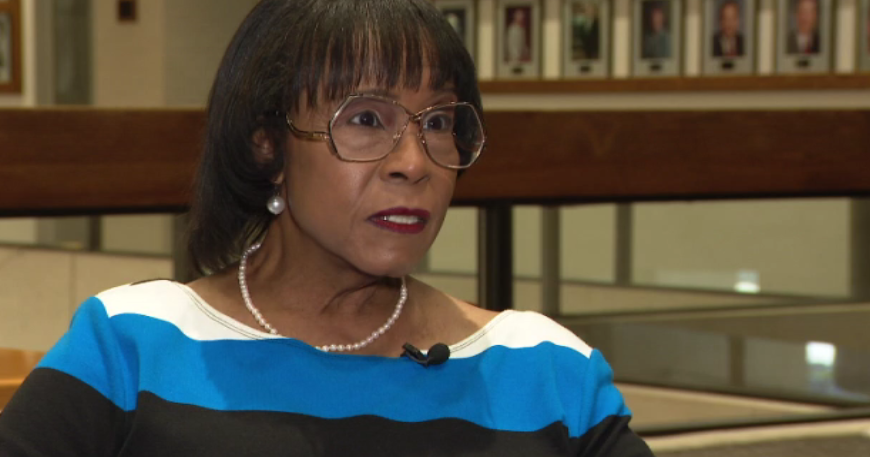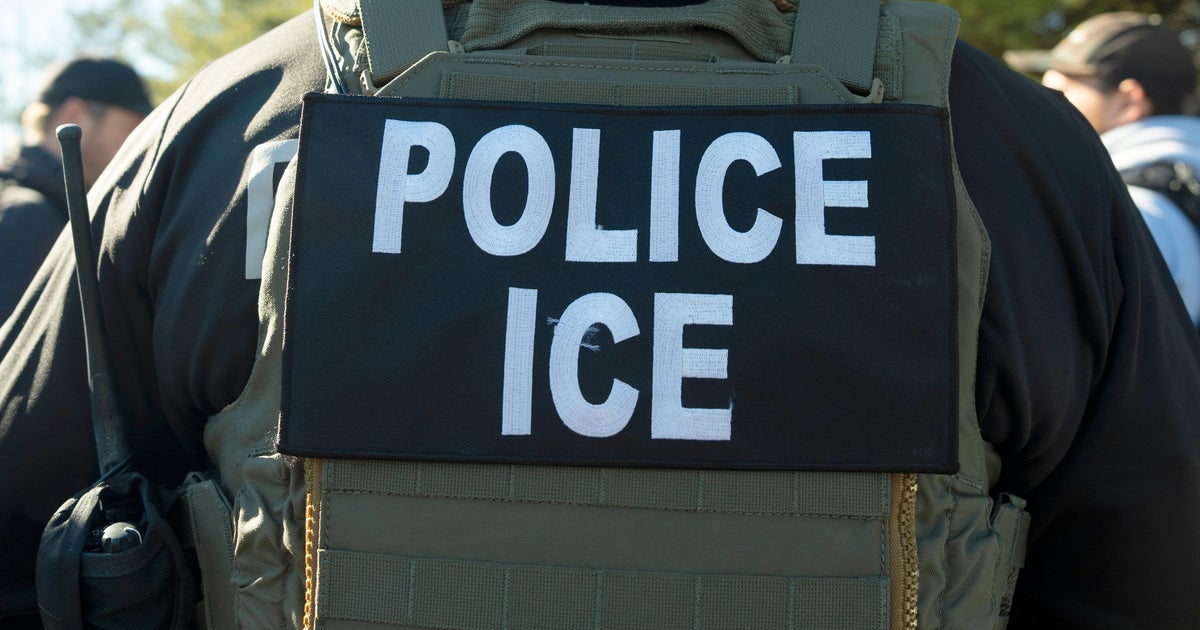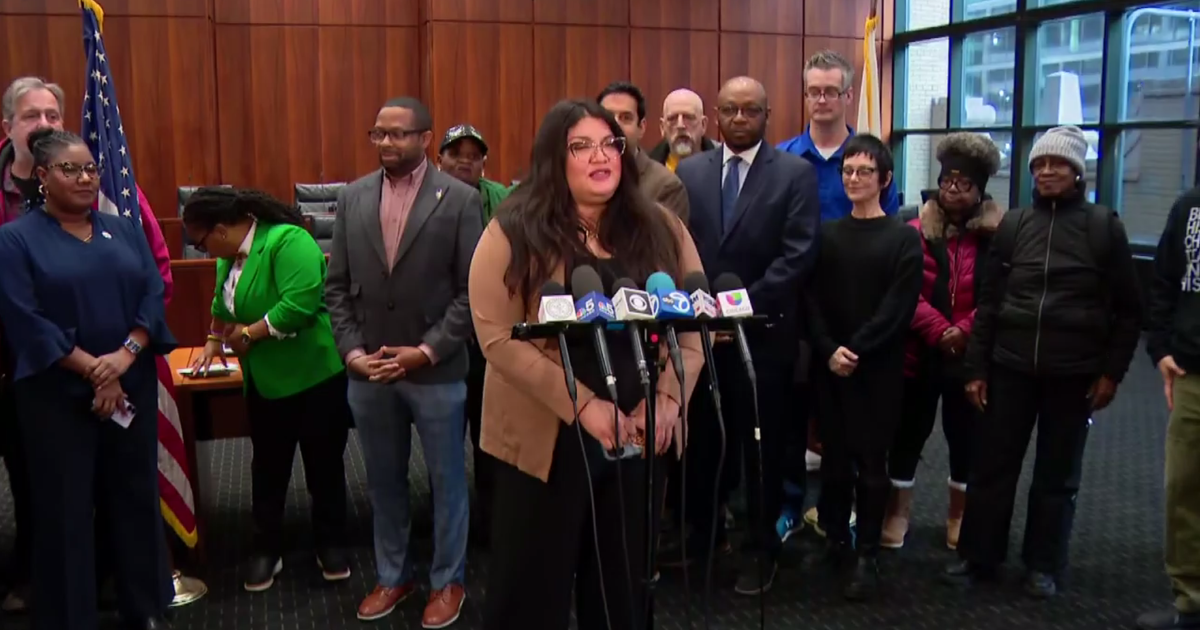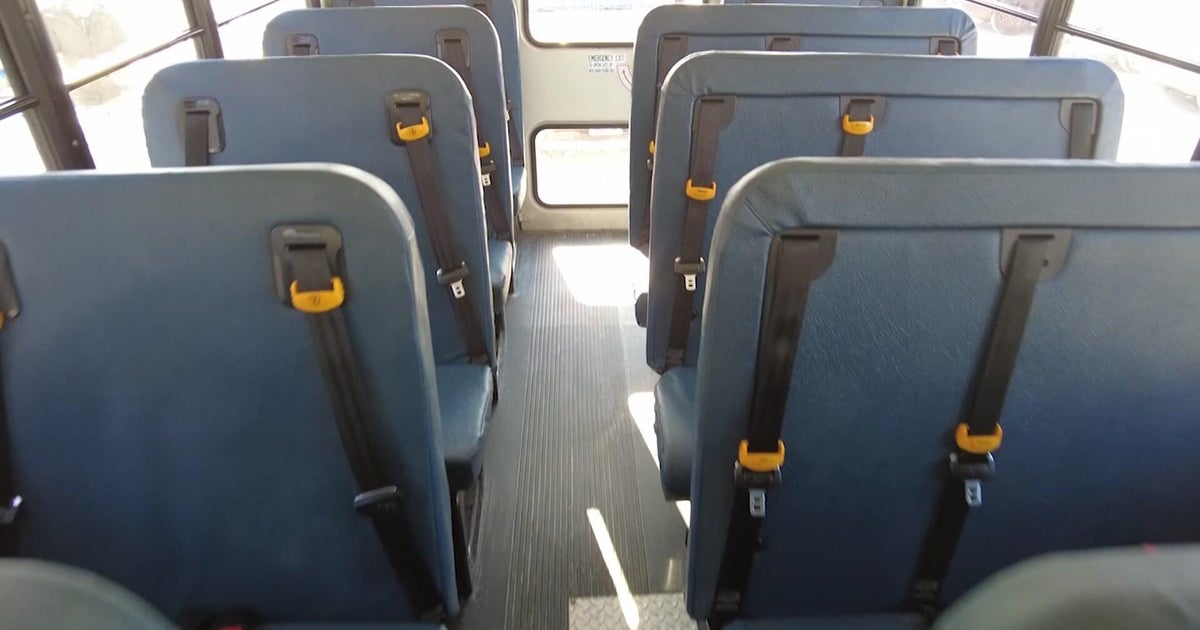Monday Highlights From The Texas Capitol
AUSTIN (AP) – The Texas House shook off its previous malaise and sped through key legislation on Monday, approving major budget, education-funding and health care reform bills despite at-times heated debate over cutting schools to the bone.
Republicans control 101 House seats and held together to pass a catch-all budget-balancing measure. A similar party-line vote in the Senate sent the bill to Gov. Rick Perry. It establishes where Texas will spend funds on education over the next two years, including what money to tap from the tobacco settlement fund and cancer research bonds.
The bill was a must-pass for the Legislature's special session, which expires at midnight Wednesday. The final proposal adds $40 million to battle wild fires that have burned across much of the state during a punishing drought, and $2.2 million for border security, including providing armored boats to officials who patrol the Rio Grande.
Lawmakers have scrambled to balance the deficit-ridden state budget without raising taxes or spending the Rainy Day Fund, and have largely done so by slashing education.
Defeated Monday was an amendment that would have allowed tapping the Rainy Day Fund for schools, should an improving economy eventually increase the money available there. That no-vote doomed the Democrats only chance to score a victory against the Republican House supermajority.
Approved by both the House and Senate and shipped to Perry is a measure allowing public school districts to cut teacher pay and furlough them beginning in 2012, in an attempt to avoid mass layoffs. House sponsor Rep. Rob Eissler, R-The Woodlands, said the bill limits "burdensome mandates" and give districts more flexibility to cope with cuts in state funding.
Rep. Rene Oliveira, a Brownsville Democrat, countered that forcing teachers to choose between voluntary salary reductions and saving colleagues' jobs was unfair.
"There were ways around this if we weren't so worried about presidential politics," he said, referring to Perry, who is still mulling whether to run for president. The governor has pressured lawmakers to hold off on spending more of the Rainy Day Fund to bolster his conservative credentials.
Both chambers of the Legislature also approved a plan to give school districts a set amount of money per student to buy instructional materials -- meant to encourage them to spend more wisely, including buying electronic materials instead of textbooks
Also headed to Perry's desk is a health reform package that overhauls Medicaid and calls for forming health care cooperatives and the privatization of health programs in South Texas. The bill had been held up as Republicans fought among themselves on a provision prohibiting state funding for abortions.
It is projected to save the state $467 million, with almost two-thirds of that coming from Medicaid.
In signing contracts to provide family planning services, the measure bans the state from working with organizations that provide elective abortions. It also cuts state funding to county hospital districts that use local tax money to finance elective abortions. Travis County, which includes Austin, is the only district that currently does so.
Excluded from the bans are abortions in cases where the life of the mother is at risk, and where a fetus has a severe abnormality. That delayed the entire bill last week, however, when a group of conservative lawmakers complained that the language on fetal abnormalities was too broad -- allowing for too many terminated pregnancies.
But a compromise produced in conference committee defined fetal abnormality as only things "incompatible with life outside the womb" and broke the impasse.
---
AIRPORT SECURITY
Measures to criminalize intentional, inappropriate touching by airport security screeners moved forward in the Texas House and Senate, but were so watered down it sparked an angry response by the conservative activists whose noisy Capitol protests pushed lawmakers to take up the issue.
The new version of the bill would still make it a misdemeanor punishable for up to a year in jail to touch a person's sexual organs and other sensitive areas. But now it gives security officials a defense to prosecution if they act with "reasonable suspicion" that the search is necessary.
That change prompted chants of "Traitor!" by a small group of protesters in the Capitol rotunda shortly after the House cast a preliminary vote in favor of the bill.
A Senate committee approved a similar version Monday morning and a full Senate vote is expected Tuesday.
Supporters complained the new versions are unenforceable. Texas law already bans public servants from subjecting someone to a search he or she "knows is unlawful."
About two dozen people showed up to testify in support of the bill in the Senate Committee on Transportation and Homeland Security, then opposed it when they learned the bill was going to be changed on the recommendation of Texas Attorney General Greg Abbott, a Republican.
"The simple act of opting out of the body scanners is going to be reasonable suspicion," said Heather Fazio of Austin. "That is unacceptable."
Sen. Dan Patrick, R-Houston, defended the change, saying the bill still sends a strong message to Transportation Security Administration security screeners to keep their wandering hands off Texans.
A TSA spokesman did not immediately a telephone message seeking comment.
Although dismissed last week as a "publicity stunt" by Republican House Speaker Joe Straus, the issue has become a top priority for the libertarian wing of the Texas GOP.
Few Texas airports are equipped with full-body scanners, meaning there often is no other screening option for travelers picked out for what TSA calls an enhanced pat down. Opponents have simmered over procedures they consider a violation of their Constitutional right against unwarranted search and seizure.
---
WIND INSURANCE
Texas lawmakers said Monday they have struck a deal to reshape the Texas Windstorm Insurance Association, the state's property insurer for people living on the Texas coast.
The compromise bill is expected to be voted on Tuesday, the day before the end of the special session.
Gov. Rick Perry has called the bill a critical measure for a state bracing for hurricane season.
The association, known as TWIA, is a nonprofit, state-supervised insurer of last resort for people who can't get private property insurance in 14 coastal counties and part of Harris County.
The organization is subsidized with mandatory dues from for-profit insurance companies.
Following Hurricane Ike in 2008 there were numerous allegations of collusion between claims adjusters and the association. More than 1,900 policyholders sued the association for failing to pay for legitimate damages.
Perry and lawsuit reform groups have said TWIA has been a get-rich target for trial attorneys, and wanted to sharply reduce how much claimants could win in court.
Carona said the bill would allow policy holders to sue for their claims and collect double damages if they could prove TWIA intentionally withheld a legitimate claim.
Claimants would first be required to enter mediation to resolve the dispute, but then could pursue their case in court if not satisfied with the mediated outcome.
---
QUOTE OF THE DAY:
"There were ways around this if we weren't so worried about presidential politics," Rep. Rene Oliveira, D-Brownsville, on reducing the job security for teachers.
(Copyright 2011 by The Associated Press. All Rights Reserved.)







